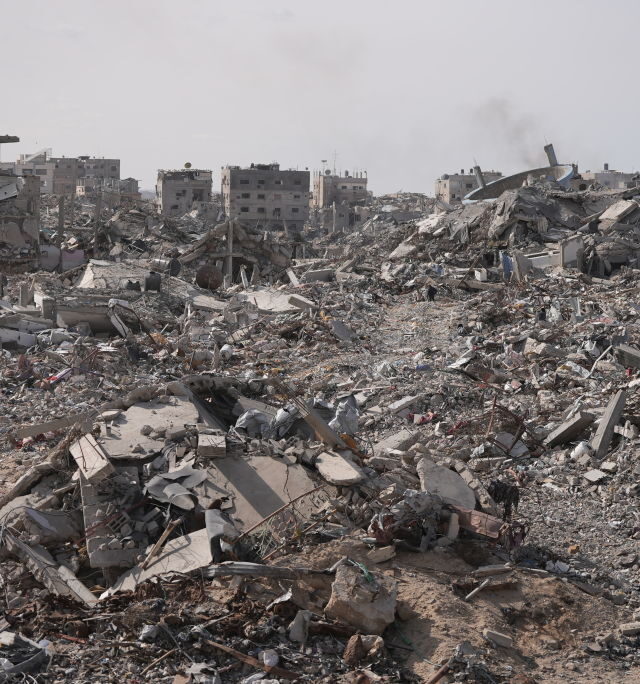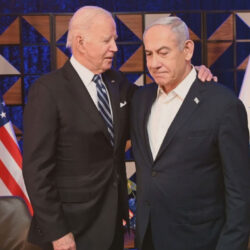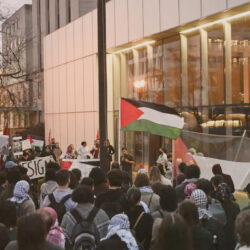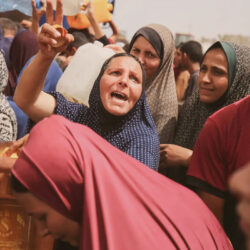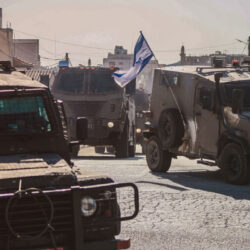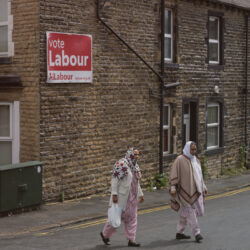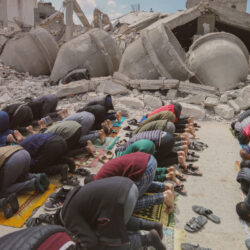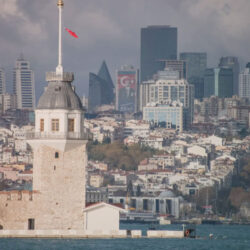Dialogue on the War on Gaza
Editor and Convenor: Dr. Muqtedar Khan
Israel’s war on Gaza, in response to Hamas’ horrific attacks on Israel on Oct. 7, 2023, is easily the atrocity of our time. The war has resulted in the near-destruction of the territory and over 46,000 reported deaths and counting. It has caused hunger, starvation, and suffering. All hospitals, universities and services – including utilities, offices, shops, and banks – have been decimated. The war expanded beyond Gaza and has had significant impact on the region and globally. The Ibn Khaldoun Center presents these essays examining this catastrophe from multiple perspectives.
Dr. Jonah Blank’s essay, written early during the crisis, examines the levers of influence available to the United States with which it can pressure Israel and calibrate its response. Hala Rharrit and Josh Paul resigned from the State Department to protest U.S. policy toward the war on Gaza. They reflect on how the State Department enabled Israel’s hugely disproportionate response. Prof. Juan Cole examines the humanitarian crisis in Gaza and shows how Israel has used water as a weapon of war. Retired Lt. General Ata Hasnain of the Indian army contrasts India’s approach toward civilians in Kashmir and Israel’s approach in Gaza while dealing with terrorists and militants.
Prof. Tahir Abbas examines the impact of the war in Gaza on Europe, especially on the recently held elections in France and Great Britain. Dr. Qamar-ul Huda explains how Islamic peacebuilding is an alternative to Hamas’ violent approach to resolving the crisis and advancing peace. The dialogue on the war on Gaza is the first offering of the Ibn Khaldoun Center and hence in the final essay I reflect on why we consider Ibn Khaldoun inspirational and why his ideas and methods are still relevant.
